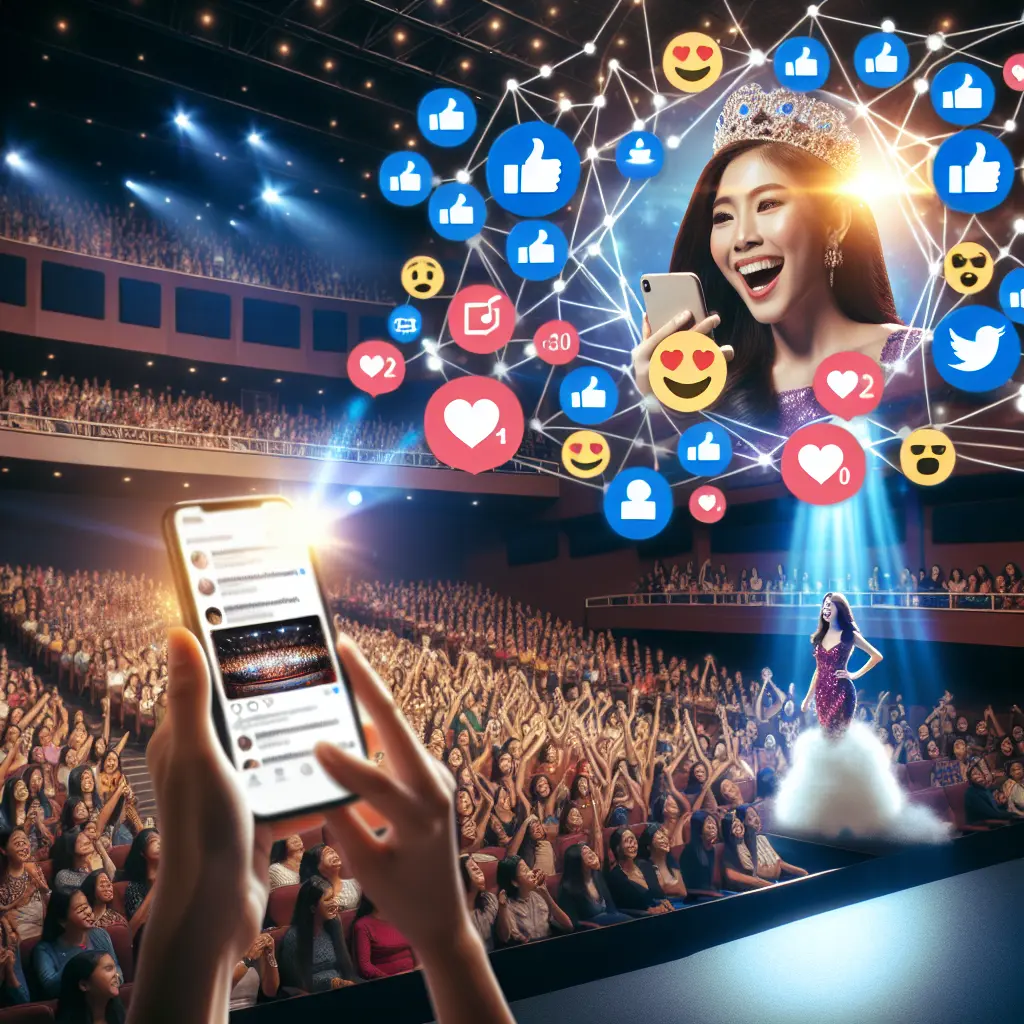In the fast-evolving world of influencer marketing, authenticity is both a currency and a fragile commodity.
In recent news, a high-profile fitness influencer known as “Liver King”—real name Brian Johnson—has been exposed for misleading his millions of followers about his extreme lifestyle. His online persona was built on the premise of consuming a raw animal diet and enduring grueling workouts, but revelations have surfaced that much of his content was fabricated. This case sheds light on critical issues within the influencer marketing industry, raising questions about trust, transparency, and the power of digital personalities.
The Allure of the Influencer Persona
Influencer marketing has become a dominant force, with brands investing heavily in personalities who seem to embody aspirational lifestyles. Followers gravitate toward influencers who appear to live extraordinary lives, hoping to glean insights or products that can improve their own. Liver King capitalized on this desire by creating a brand around primal living—championing the consumption of raw animal organs and intense physical feats.
His approach worked:
Massive Follower Base: Millions tuned in to watch his daily routines and dietary practices.
Product Endorsements: He promoted supplements and lifestyle products aligned with his purported values.
High Engagement: His bold claims and controversial habits generated discussion, shares, and virality.
The Fallout: When Authenticity Fails
However, the recent exposure revealed that his extreme practices were not as advertised. This revelation has significant implications for the influencer marketing ecosystem:
1. Erosion of Trust: Followers feel betrayed when they discover the content they admired was staged or deceptive. This undermines the trust that is fundamental to successful influencer partnerships.
2. Brand Risk: Companies that collaborated with Liver King now face reputational damage by association. Choosing influencers without thorough vetting can backfire dramatically.
3. Audience Skepticism: Each scandal increases overall skepticism toward influencer content, making it harder for even genuine creators to maintain credibility.
Lessons for Brands and Marketers
The Liver King incident is not an isolated event—it’s a cautionary tale for brands and agencies navigating influencer partnerships. Here’s what marketers can learn:
Due Diligence: Rigorously vet influencers before entering into partnerships. Scrutinize their claims and review their content for consistency and honesty.
Emphasize Authenticity: Audiences are quick to spot inauthenticity. Partnering with influencers who are transparent and genuine builds more lasting connections.
Crisis Preparedness: Develop strategies to address potential fallout if an influencer’s credibility comes into question.
The Future of Influencer Marketing
As influencer marketing continues to mature, the demand for authenticity will only grow. Both influencers and brands must recognize that today’s audiences value honesty over hype—and that authenticity fosters loyalty.
For more details on the Liver King story, you can read the full article here.
Building Trust in a Digital Age
In an age where one viral personality can make or break a brand, remember: real influence comes from trust, not theatrics. Stay true, stay authentic, and your audience will follow.










Leave a Comment